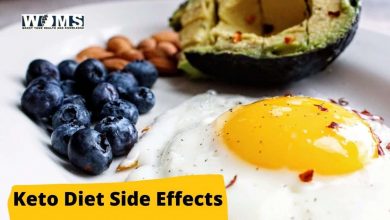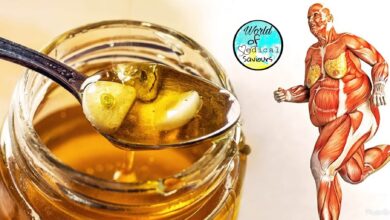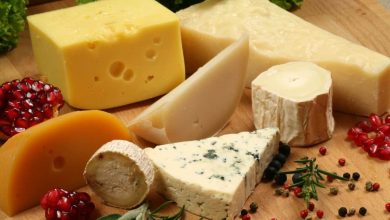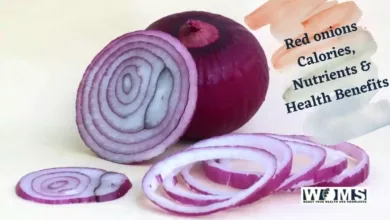Cornstarch Nutrition Fact
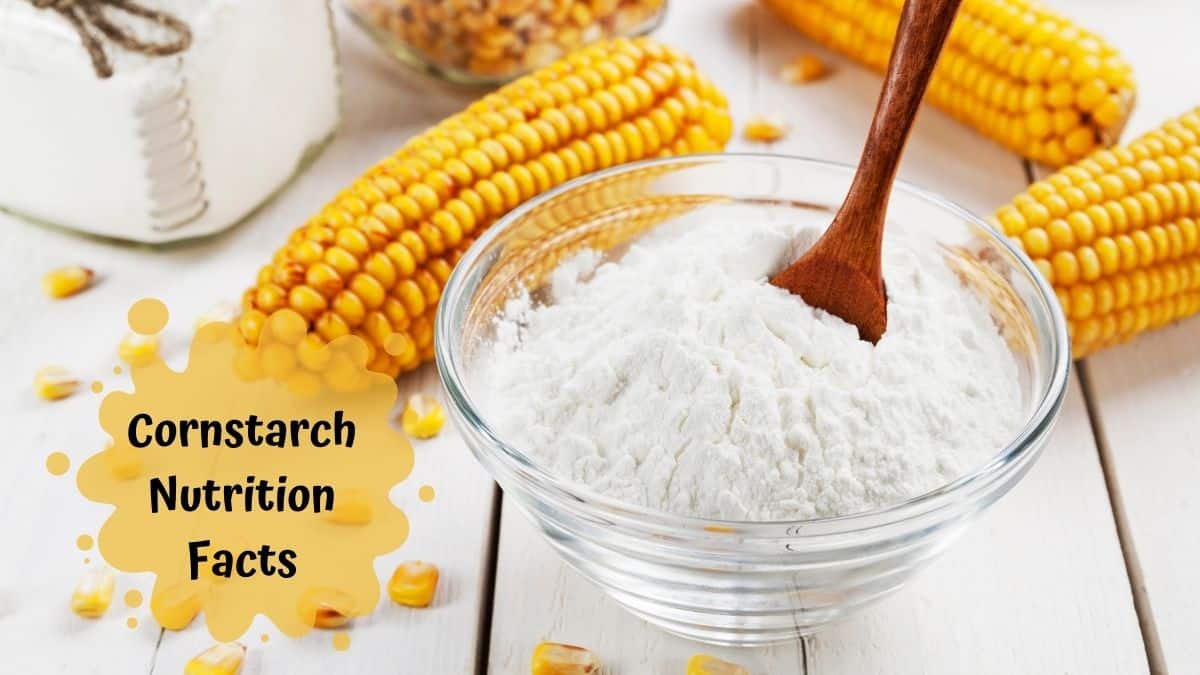
The ingredients that we add to thicken our recipes are healthy to have or not? Do you have the same question also? the answer is there in the article. Also, your question related to cornstarch nutrition will also be answered in it.
Corn starch is a powered product that is extracted from the endosperm of the corn kernel. Cornstarch has many culinary uses. We use corn starch to thicken our soups, stews, etc.
In the other recipes, corn starch is used as a binding agent also. However, its quantity is very little in the recipes. It is not confirmed to most of its users that cornstarch is healthy to have or not.
In this article we will give you some important detail about cornstarch, we will give the healthier substitutes and will let you know the cornstarch nutrition.
Cornstarch Nutrition
Before considering a food product healthy we should evaluate its nutritional facts. The nutrition details will give you the exact health profile of the product. Here we bring the cornstarch nutrition to make its nutritional status clear.
8 grams (1 tablespoon) of Cornstarch provides:
- Calories: 30
- Total Carbohydrates: 7.31g
- Dietary Fiber: 0.1g
- Sugar: nill
- Potassium: 0.2mg
- Iron: 0.22mg
- Sodium: 0.7mg
- Total Fat: 0g
- Saturated Fat: nill
- Trans Fat: nill
- Monounsaturated Fat: nill
- Polyunsaturated Fat: nill
- Protein: nill
- Cholesterol: nill
- Calcium: nill
- Vitamin A: nill
- Vitamin C: nill
Carbohydrates: The corn starch gives 30 calories per tablespoon. These mainly come from carbohydrates. There are 8g of carbohydrates present in a single tablespoon of the cornstarch.
Other than this, researchers have shown that the raw uncooked cornstarch has a low glycemic index but when it becomes cooked its glycemic index value increases.
Fat: The cornstarch is fat-free almost. There is no fat in a single serving of cornstarch. Even if we estimate fat in a cup of cornstarch, there is less than 1g of fat in it.
Proteins: Like fat, the protein content is also negligible. There is no protein in the tablespoon of the cornstarch. A cup of cornstarch contains 0.3grams of protein.
Micronutrients: There is no significant amount of vitamins and minerals in the cornstarch. It is free of vitamins and minerals.
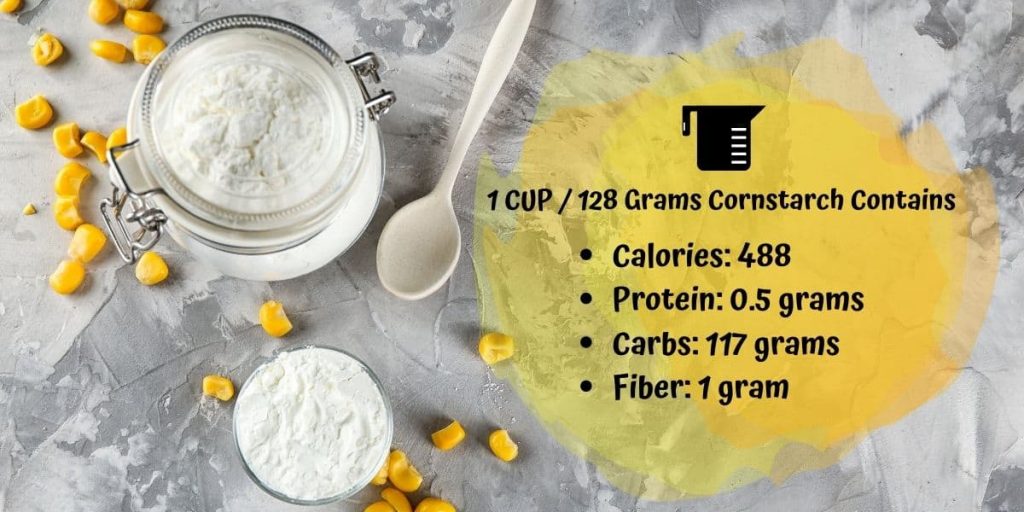
The overall nutritional profile of the cornstarch said that it is not healthy to have. It is better to have a substitute of cornstarch in our recipe that can provide at least the essential nutrients to our body.
Alternative of cornstarch
As we have seen above the cornstarch is not healthy to have so we should adopt a healthier substitute or one that doesn’t affect our health adversely.
Wheat flour
Wheat flour is considered a healthy substitute for cornstarch. It contains a little number of proteins, minerals, vitamins, and carbohydrates. The wheat flour is rich in fibers that is the good quality of wheat flour.
To have the same effect as the corn starch use a double amount of wheat flour.
Rice flour
Rice flour is made by grinding the rice. It is rich in nutrients. Rice flour contains a handsome amount of proteins and fibers. It is also less in carbohydrates. The fibers are good to have in your diet.
To make it an alternative to cornstarch, mix it in hot or cold water before adding it to the recipe.
Potato starch
Potato starch is not a much healthy alternative but it is healthier than cornstarch. It dissent contain minerals, vitamins, and proteins but it has a reasonable amount of fibers in it. The amount of carbohydrate is also less in the potato starch.
Arrowroot flour
Arrowroot is the most similar substitute that you can have. It has similar rheological properties to that of the cornstarch. The arrowroot flour is naturally gluten-free, contains high dietary fibers, and it is low in carbohydrates.
Sorghum flour:
The sorghum is the healthiest of all. It is rich in proteins, antioxidants, and dietary fibers. Some micronutrients are also present in the bulk amount. These micronutrients are
- Magnesium
- Iron niacin
- Serval B vitamins
- Phosphorous
In many regions, it serves the same purpose as that of cornstarch. It is used as a thinking agent to thicken the many food items.
Also Check: Heavy Cream Nutrition Facts
Conclusion
Cornstarch is the powdery ingredient that is extracted from the endosperm of the corn kernel and it is used to thicken the soup, stews, and pies. Consumers are not sure of its health status and nutritional profile.
We have evaluated the most used ingredient that is the cornstarch for its nutritional profile. Nutritionally the cornstarch is not good to have. It does not contain any of the healthy ingredients in it and in contrast, it contains a higher amount of carbohydrates.
There are many other substitutes for cornstarch that we can use. These substitutes have a somewhat good national profile. Better to have healthy substitutes. It may take some tricks to add the substitutes in the recipes for the cornstarch-like properties but surely they can do so.
If you also become astonished by seeing the cornstarch nutrition. Let us know in the comment section of the page.
FAQs:
Is cornstarch healthy to have?
Cornstarch is considered unhealthy to have. There are 30 calories in a single tablespoon of cornstarch. The proteins, fats, and micronutrients are present almost in negligible amounts. There are 7g of carbohydrates present in 15g of cornstarch. The calories of the cornstarch mostly come from the carbohydrates that are present in the cornstarch.
Try to avoid using cornstarch. Have some healthy substitutes in your recipes.
What other ingredients I can use if I don’t have cornstarch?
Here is the list of ingredients for you, that you can use in the substitute of cornstarch. These can be even healthy than that also.
You can use wheat flour as a healthy alternative to corn starch.
Arrowroot can be used as another alternative. The arrowroot is produced from the different roots of the arrowroot family.
1. Potato starch
2. Tapioca flour
3. Rice flour
4. Guar gum
5. Xanthan gum
6. Glucomannan
7. Sorghum flour.
There are other ingredients also there that are used as the thickening agent when you don’t have the cornstarch. These are:
1. Blended vegetables and fruits
2. Yogurt
3. Milk
4. Coconut milk
What are some differences between cornstarch and cornmeal?
Cornmeal is the dried corn and corn starch is the starch extracted from the endosperm of the corn kernel. The cornmeal has a rich taste of corn and on the other hand, the corn starch only has the starchy taste.

